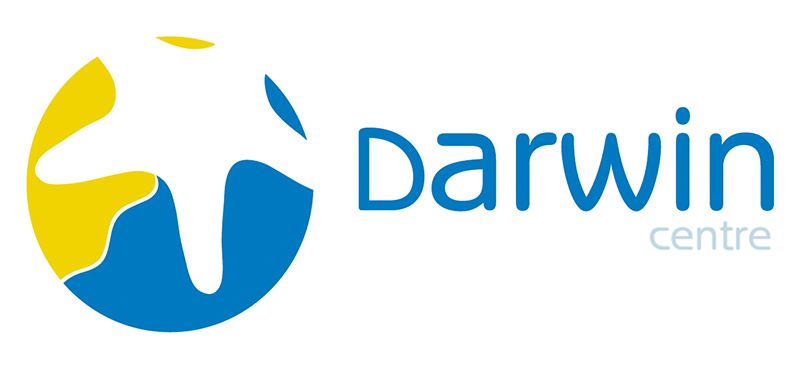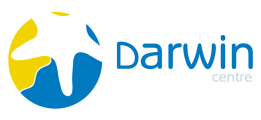
Milford Haven Case Study 2016-2019
In 2016 we undertook a 3-year case study with Year 4 pupils from the Milford Haven cluster of Schools along with Pembroke Dock Community School. Pupil interest in STEM subjects is declining so we aimed to engage, enable and enthuse pupils in STEM whilst supporting the transition between primary and secondary school and to increase non-specialist teachers’ efficacy in the teaching of STEM. We worked closely with the individual schools, teachers, Pembrokeshire County Council and Dr Verity Jones from the University of West England. The cohort took part in three main field trips and workshops over the course of the study all of which were aligned with the new curriculum for Wales. Science celebration days show casing their work were held at Milford Haven secondary school and a Science Squad was formed to further nurture the interests of keen young scientists who took part in in depth STEM sessions with a chemist, physicist and a biologist.
Year 4: Motion of the Ocean
Pupils were taken to a local beach (Freshwater West or Freshwater East) where they recorded environmental data and took field sketches of the area before collecting, sorting and weighing marine litter. They learnt about tides, sources of marine litter and collected natural items such as empty mermaids’ purses and shells. During the follow up workshop they considered the impacts of plastic pollution on marine life and food chains.
Year 5: Project Freshwater
Pupils spent the morning at Colby Woodland Gardens where they built on the skills learnt in Year 4 with collection of environmental data, field sketches and calculated the speed of a river. They then compared and contrasted two freshwater habitats – a stream and a pond. Whilst in the stream they kick sampled and worked out the water quality through calculating the biotic index. At the pond they continued to work on their species identification skills and learnt about different life cycles. The follow up workshop looked at world rivers and their associated problems, adaptations of animals living in those rivers were reinforced through activities. Pupils undertook a supported investigation into osmosis.
Year 6: Explore the Rocky Shore
Pupils were taken to Lydstep Haven to collect environmental data, field sketches and species data – including measuring the width of different crab species. In class pupils had the opportunity to examine local plankton samples using stereomicroscopes, having seen adult crabs and fish on the field trip they were able to see the larval stages and learn about the importance of plankton. Pupils undertook a supported investigation into Ocean Acidification.
The data was analysed by Dr Verity Jones who then compiled the final report. Results showed that the project supported higher levels of attainment. The difference between year 4 targets and the actual outcome at the end of year 6 in maths, English and science had greater gains in schools involved in the project, compared to those in the rest of Pembrokeshire.
Teaching staff recognised that the project positively supported the more disadvantaged and those pupils with Additional Learning Needs. Those pupils receiving free school meals saw a greater increase in attainment in maths and science when part of the project, compared to those pupils receiving FSM in the rest of Pembrokeshire.
More pupils were actively engaged with environmental groups in year 6 – 60% more in 2018/9 as compared to 2016/17. Pupils’ subject knowledge in all areas associated with the project increased across the three years with the exception of renewable energy. Knowledge of global climate change and ocean plastic saw the greatest increase in understanding. Pupils’ enthusiasm for future STEM related employment and their enjoyment of science lessons has been maintained through the project. Maths has remained the most popular subject upon leaving primary school. Pupils were more confident in using complex scientific language and communicating processes as a direct result of the project.
Teachers were more confident and enthusiastic in their teaching of STEM and their own subject knowledge. They intend to use and develop resources from the project in future years. There was a significant increase in the collaboration between schools; especially with regard transition opportunities between key stage 2 and 3. This was positively welcomed and steps were taken to improve teaching and learning in key stage 3 as a direct result of the project.

